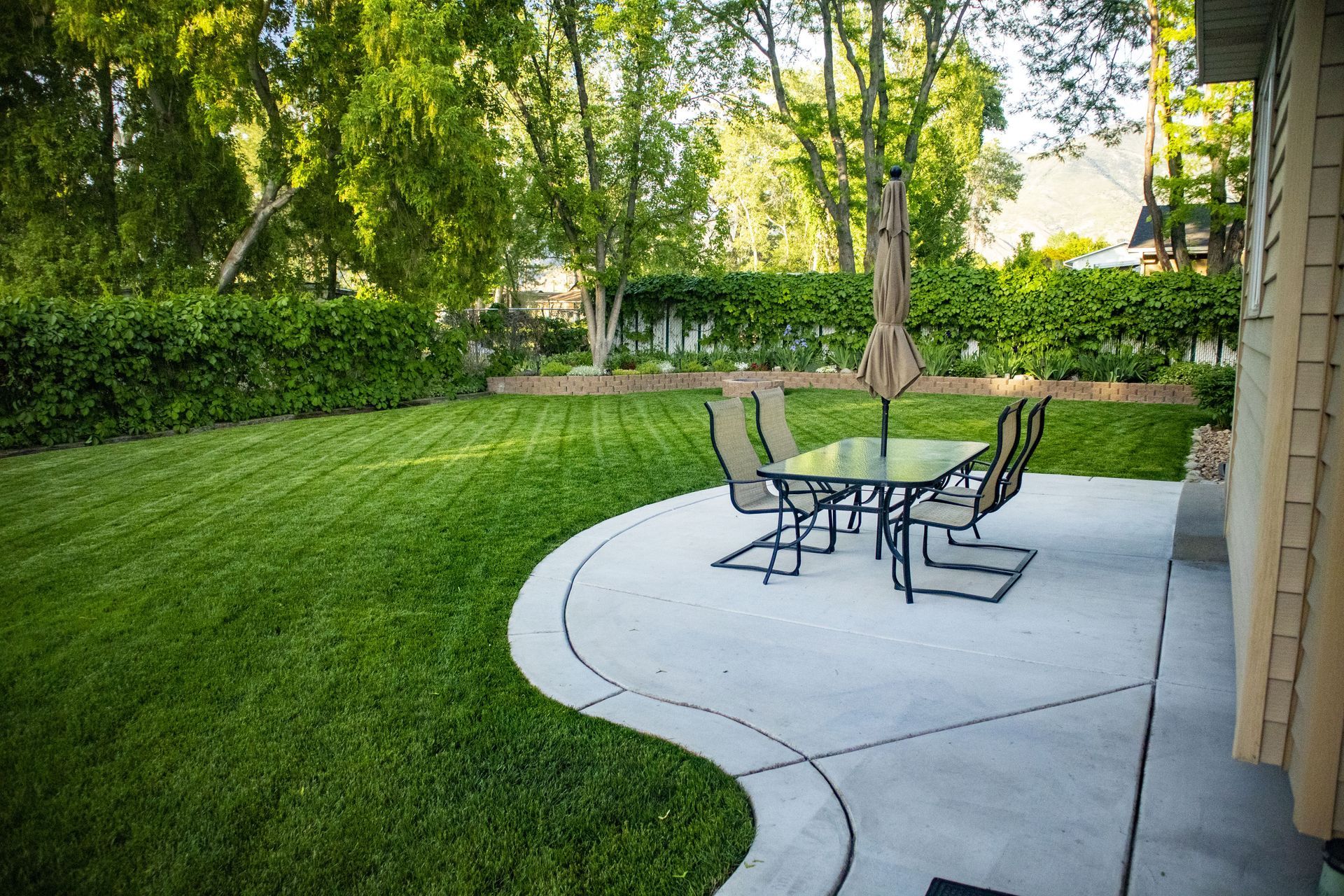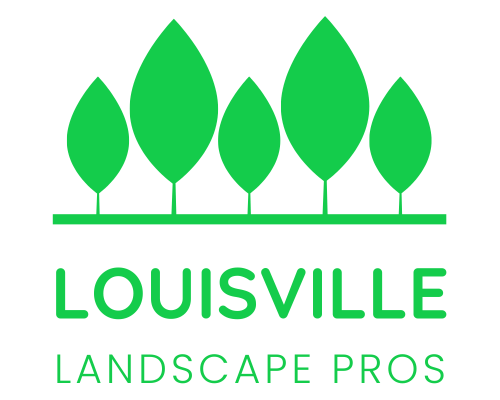Landscape Design
Here at Louisville Landscape Pros, our landscape architects offer top-notch landscape design services, and we provide installation and maintenance services as well. Here are key elements of our landscape designs:
1. Sustainable Landscaping: With an increasing focus on environmental consciousness, sustainable landscaping practices are becoming more popular. When creating a landscape plan, our landscape designers make sure to use native plants, rain gardens, and implement xeriscaping techniques to help reduce water usage and maintenance costs while supporting local ecosystems.
2. Smart Irrigation Systems: Smart irrigation technology is revolutionizing how we water our gardens. These systems optimize water usage, ensuring plants receive just the right amount of moisture. Popular products feature weather sensors and programmable controls, making garden care efficient and eco-friendly.
3. Edible Landscaping: Integrating edible plants into a landscaping plan will make the landscape both practical and aesthetically pleasing. We planting herb, vegetables, and fruit trees, allowing you to enjoy fresh produce and enhancing your garden's beauty.
4. Pollinator-Friendly Gardens: Supporting pollinators is crucial for local ecosystems. This means planting diverse flowering plants, providing water sources, and creating habitats to attract bees, butterflies, and hummingbirds.
These key landscaping design elements not only enhance the beauty of an outdoor space but also promote sustainability and functionality, making outdoor areas more enjoyable and environmentally friendly.
We'll guide you every step of the way, providing landscaping ideas and landscaping pictures when you need them, and even walking you through the various landscape materials to help you choose the right ones.
Call us today at 502-305-0888 to craft the perfect outdoor design and get it installed!
Or if you prefer, you can also email us at info@louisvillelandscapepros.com or use our contact form.
Vertical Gardening
Maximizing small outdoor spaces in your landscape design plans can be challenging, but vertical gardening offers a perfect solution. Particularly suited for Louisville’s urban environments and smaller yards, vertical gardening transforms limited space into lush, vibrant areas that enhance both functionality and aesthetics.
Benefits of Vertical Gardening
Vertical gardening is space-efficient, making it ideal for compact backyards. It elevates the visual appeal by adding layers and depth, while also improving air circulation, which reduces plant diseases. Maintenance and harvesting become easier when plants are grown vertically, providing easy access without the need to bend or stoop.
Choosing the Right Plants
Louisville’s climate supports a variety of plants suitable for vertical gardening. Vegetables like tomatoes, cucumbers, and beans thrive in vertical setups, as do herbs such as basil and mint. Ornamental plants, including clematis and climbing roses, add color and beauty. For fruit enthusiasts, strawberries and grapes are excellent choices.
Types of Vertical Gardening Structures
From trellises and arbors to wall-mounted planters and green walls, there are numerous structures to suit any garden style. Trellises and arbors are perfect for climbing plants, while wall-mounted planters and garden towers save ground space. Hanging gardens, using pots and baskets, can create stunning visual effects.
Designing and Maintaining Your Garden
Assess your space to determine the best locations for vertical structures, considering sunlight and water access. Combine vertical elements with traditional garden beds for cohesive garden designs. Ensure proper watering, soil health, and regular pruning to maintain a thriving vertical garden.
Landscaping Challenges Unique to Louisville and How to Overcome Them
Louisville, KY, presents unique landscaping challenges due to its distinct climate and geography. Homeowners and landscapers often face issues like hot, humid summers, cold winters, and heavy rainfall, which can impact plant health and soil quality.
Climate-Related Challenges
During Louisville’s hot, humid summers, plants and soil often suffer from drought conditions. Opt for drought-resistant plants and implement proper watering techniques to maintain a thriving garden. Cold winters, with occasional frost, can damage perennials and lawns. To protect your plants, use frost covers and choose hardy varieties.
Soil Quality Issues
Louisville’s clay-heavy soils pose drainage problems and hinder root growth. Improve soil quality by amending it with organic matter and considering raised beds for better drainage. Soil compaction is another issue, affecting water infiltration and plant health. Regular aeration and adding organic matter can alleviate compaction.
Pest and Disease Management
Common pests in Louisville, such as Japanese beetles and aphids, can damage gardens. Employ integrated pest management (IPM) and introduce natural predators to control these pests. Diseases like powdery mildew and root rot also threaten plants. Ensure proper plant spacing and use disease-resistant varieties to prevent outbreaks.
Invasive Plant Species
Invasive species like honeysuckle and garlic mustard disrupt local ecosystems. Manual removal, appropriate herbicide use, and promoting native plant growth are effective management strategies.
Urban Landscaping Challenges
Urban areas in Louisville often have limited space and poor soil quality. Container gardening, vertical gardens, and rooftop gardens maximize space. Pollution can affect plants, so select pollution-tolerant varieties and maintain regular garden upkeep.
Overcoming these challenges with the right strategies ensures a healthy, vibrant landscape. For personalized advice and design, installation, and maintenance services, call us today at 502-305-0888.



